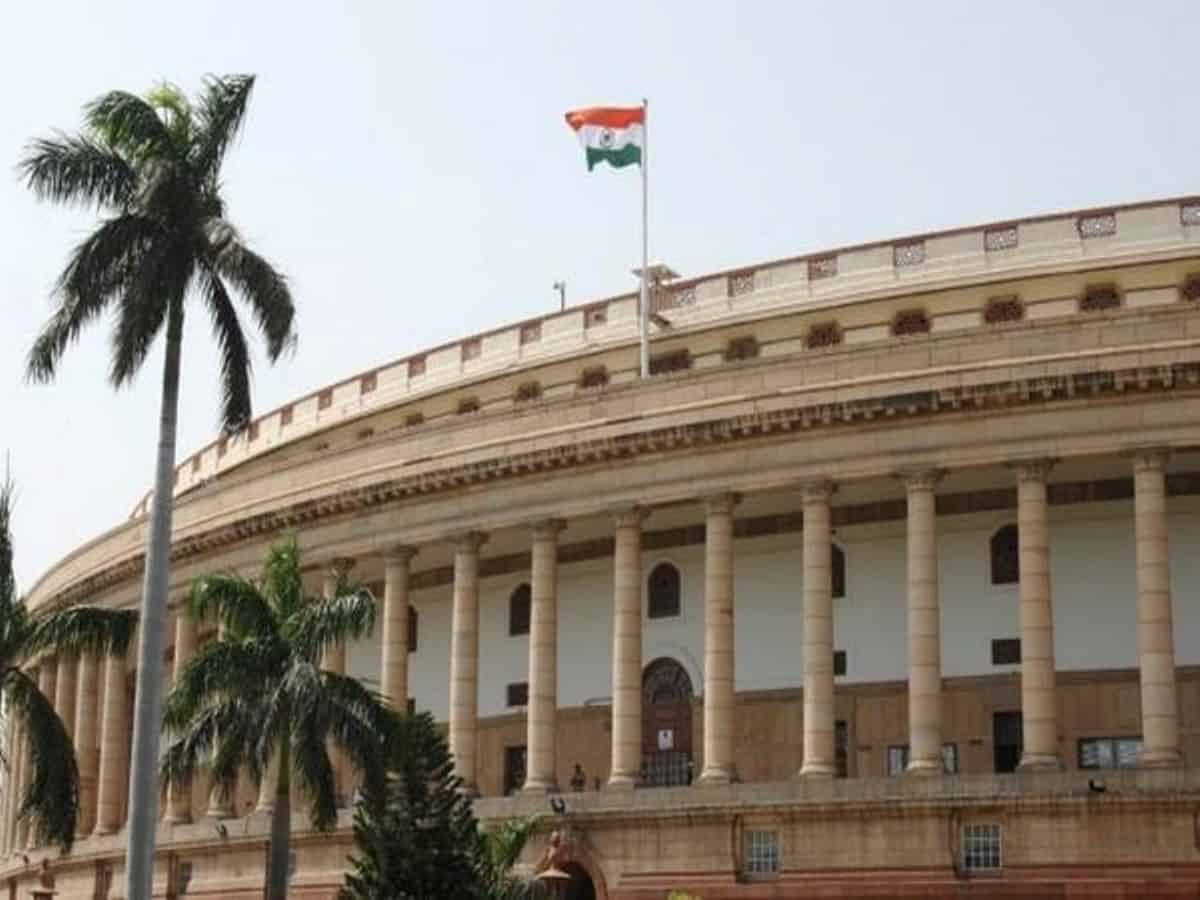
Though India’s minister for electronics and IT Rajeev Chandrasekhar has sought to allay fears of some upcoming new legislations resulting in regulatory overreach, the fact is many within the industry are worried. They believe that government departments have made these laws without adequate consultation and legal wrangles could be the norm and rather than the exception.
Take the case of the proposed Digital India Bill that seeks to replace the Information Technology Act or the recently signed up Competition Act and the Consumer Protection Act of 2019. Experts say there are quite a few overlaps between the current and the proposed laws and once implemented these could lead to over-regulation.
There’s some harmony that’s needed
Repeated requests have been made to government agencies to create harmony between these legislations to ensure that the ease of doing business in the case of technology companies remains intact when the new regime comes into force. Minister Rajeev Chandrasekhar’s comment that the government will not let it happen seems just about adequate.
However, those in the know are already speculating a sharp spike in legal wrangles around some of these rules and regulations that could effectively pit departments against each other in a court of law. For starters, Big Tech companies are worried that multiple regulations under the Digital Competition Act and the DIB could result in over-regulation of the industry.
One crime and multiple laws?
Just so that we are clear, the DIB seeks to replace the 22-year-old IT Act that ensures an open internet characterized by choice, competition and fair market access. It also seeks to regulate fair trade practices, prevent monopolies through gatekeeping and remove distortions resulting from dominance achieved via tech platforms or application stores.
In the existing regime, Sections 3 and 4 of the Competition Act prohibits anti-competitive agreements and abuse of dominance. However, there appears to be a conflict with the Competition (Amendment) Bill of 2023. Then there is the Consumer Protection Act of 2019 that also deals with similar behaviors by enterprises.
Similarly, there could be conflicts under the DCA where some of the rules overlap those in the DIB, which even the government acknowledges as it has set up an inter-ministerial committee in February to understand the challenges. Experts believe that the Competition Commission of India (CCI) is already equipped to lead this regulatory space.
Anti competition or anti-consumer?
The Minister had told stakeholders during a discussion last month that some aspects of these laws were being dealt with by the CCI with the DIB actually talking about competition and anti-competition activities only. The call as to where these points should reside – in DIB or with the CCI – will be decided by the government, he had said.
Another area of overlap that came up between the Competition Act of 2002 and the Consumer Protection Act relates to anti-competitive behavior by enterprises. As per the first Act, they are prohibited from engaging in such practices via price-fixing, bid rigging and abuse of dominant market position. Under the second, businesses are prohibited from engaging in unfair trade that can harm consumers such as deceptive advertising, misleading representations etc.
Now, when a plaintiff approaches the court, it becomes tough for the judge to decide under which of these provisions the complaint would fall as there seems to be an obvious link between both to the point that one can safely say that one leads to the other and vice versa.
Of course, the fact remains that most law when being formulated does get into the space of an existing law or provision elsewhere. So, at this point in time, we need to make do with the Minister’s assurance that the government will look into specifics and take corrective measures.








